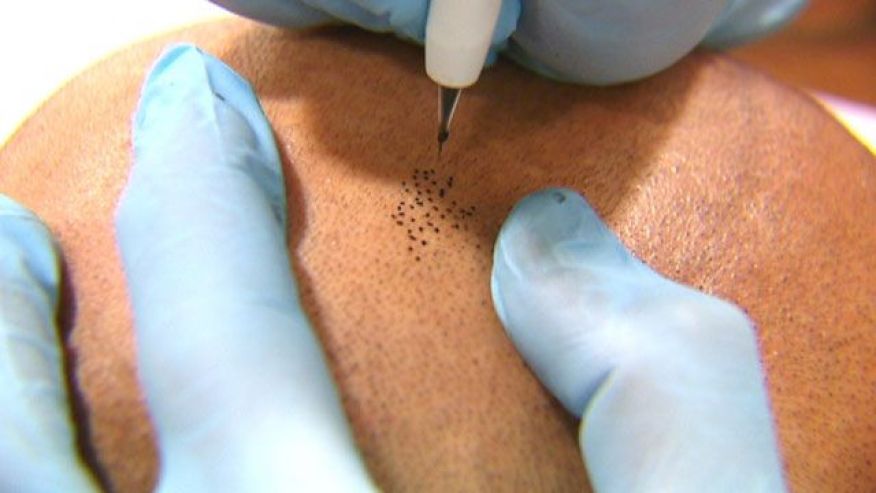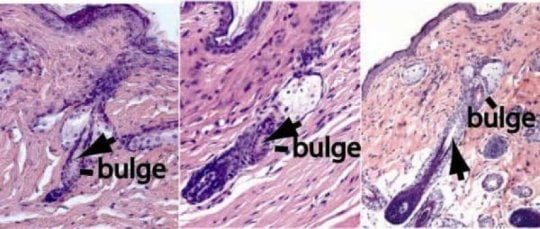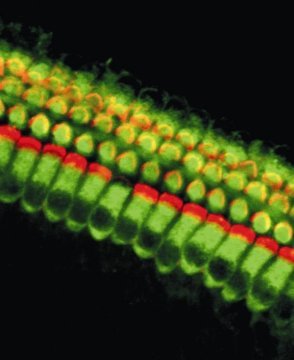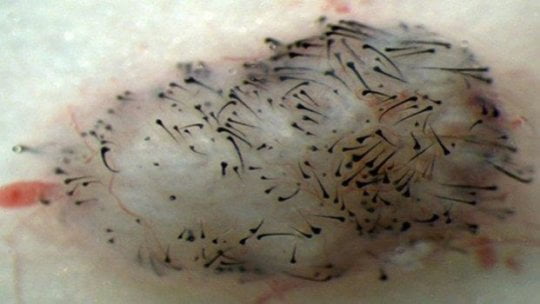
Millions of people suffering from irritable bowel syndrome (IBS) could soon find serious relief after researchers found conclusive evidence that a changed diet can curb their symptoms. In a two-pronged breakthrough, scientists confirmed that an already-prescribed diet can significantly reduce bloating and other symptoms in nearly three-quarters of those afflicted by IBS – and developed a test to determine who the diet will work on. IBS is a bowel disorder that afflicts an estimated five million adults in Britain and tens of millions more worldwide. In many cases it can cause considerable pain. Carbs to blame In recent years, nutritionists have been researching whether cutting down on large swathes of carbohydrates found in foods such as wheat, rye and dairy products could alleviate the symptoms of IBS.
These also include diarrhea or constipation and painful stomach cramps – which are often relieved when you go to the toilet.
Now, they have confirmed that the low-FODMAP diet – as it is known – is widely effective, relieving pain in 73 per cent of IBS sufferers. It won’t eradicate the problem, which currently has no cure, but it will curb its symptoms. And they are developing a cheap, convenient test which can tell people within a few minutes, with 95 per cent accuracy, whether they will benefit from it. Working on GP device The researchers are working to translate their sizeable lab-based testing apparatus into a coffee-machine sized device that would sit in a doctor’s GP. This would analyse the gases in the patients stool samples and tell them whether would benefit from the diet. “This is enormously exciting. It’s a revolution in IBS,” said Kevin Whelan, professor of Dietetics at King’s College London, who is working on the project with colleagues and researchers from the University of Liverpool.
“We’ve been on an enormous journey over the last 25 years. Back then, we really didn’t know what IBS sufferers should be eating. Now, we know that the low-FODMAP diet works in majority of patients and are working to target those who will and won’t respond,” he added. Scientists welcomed the double-whammy of good news for IBS sufferers. “This low-cost tool has the potential to identify IBS sufferers who might benefit from following a low FODMAPS diet,” said Dr Anton Emmanuel, medical director at Core, a charity dedicated to fighting digestive diseases. ‘Exciting development’ “This is exciting because a significant number of IBS sufferers – although not all – will show an improvement in their symptoms while following this diet,” Dr Emmanuel added. Peter Gibson, professor of Gastroenterology at Monash University in Australia, added: “These are indeed interesting findings. The appeal is that it is a non-invasive and rapid test without great expense.” The researchers have published their latest findings in the journal Clinical Gastroenterology and Hepatology. They will spend the next two to three years conducting further research to refine the test and develop a commercial ‘point-of-care’ machine for the NHS.
[“source=hindustantimes”]





















